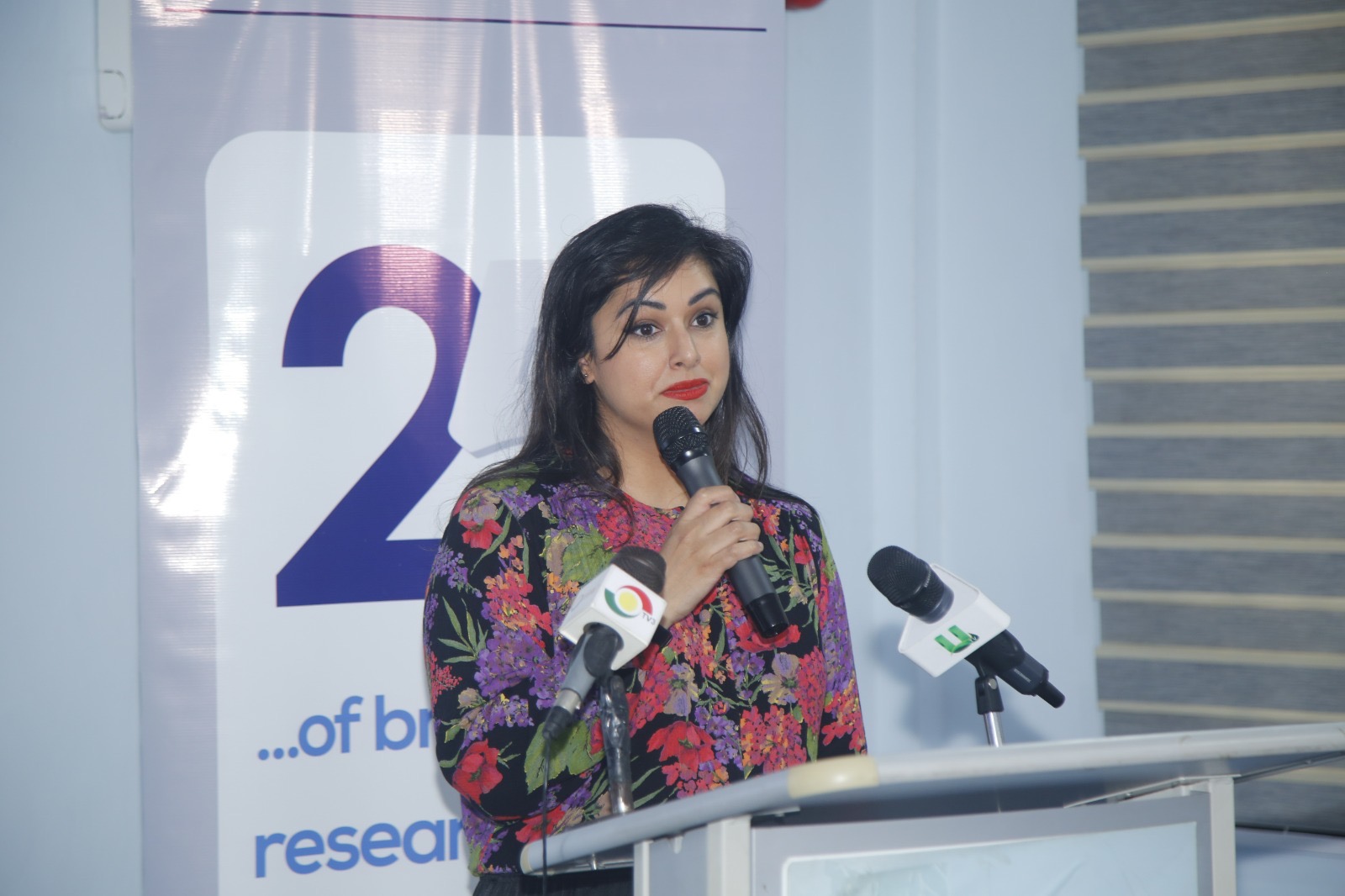A spotlight on Ghana’s media landscape for World Press Freedom Day
Publication Date: May 2023

Ghana’s media landscape has become increasingly vibrant and diverse since the repeal of the Criminal Libel and Seditious Libel Law. This law allowed the prosecution of journalists who spoke out against the government. Its repeal cannot be understated. It has allowed new generations of journalists and media workers to hold the Ghanaian government accountable to its people. News outlets and radio stations being made available in local languages has also been important in promoting media engagement across Ghana. Since the early 2000s, commercial radio and television stations that broadcast primarily in local and/or Indigenous languages have become popular and more common. Community radio stations and other forms of electronic media allow Ghanaians to participate in civil discourse.
However, Ghana still faces obstacles towards achieving full, pluralistic news outlets and media representation. Although journalists are no longer persecuted by the state for criticizing the government, influential figures such as religious leaders often refrain from expressing their views due to fears of political victimization and being vilified by political parties. Media spaces are dominated by privileged voices, systematically excluding women, persons living with disabilities, and persons living outside the main urban centres such as Accra, the capital.
Rather than elevating voices of groups facing marginalization due to their gender, ethnicity, social and/or political affiliation, Ghanaian media has been guilty of reproducing and reinforcing prejudices against these groups. For instance, when issues of violence against women are raised by the media, these discussions often do not connect the issues to the wider social context that enables this violence. Similarly, stories involving Fulani herdsmen (nomadic or semi-nomadic people) tend to focus on criminality, emphasizing negative prejudices against this group.
While Ghana has made strides to strengthen and protect journalists’ rights, there is still aways to go until complete press freedom is achieved. Access to reliable information has become increasingly important in the age of digitization, fake news and disinformation campaigns.
This year’s theme for World Press Freedom Day focuses on the role of freedom of expression as a driver for all other human rights. More efforts need to be made to ensure that Ghanaian media represents the voices, interests and concerns of populations already made vulnerable by systemic discrimination and social exclusions. Freedom of the press, freedom of expression and independent and diverse media are all key to building pluralist societies that respect and defend the human rights of all.
To learn more about the prominence of pluralism in Ghana’s news media sector, check out the Global Pluralism Monitor report for Ghana (available in English).
Written by Andrea González, Program Officer, Global Analysis
(Image: Rajvir Gill, Program Officer, Global Analysis speaks to civil society members in Accra, Ghana on the Global Pluralism Monitor report for Ghana.)
